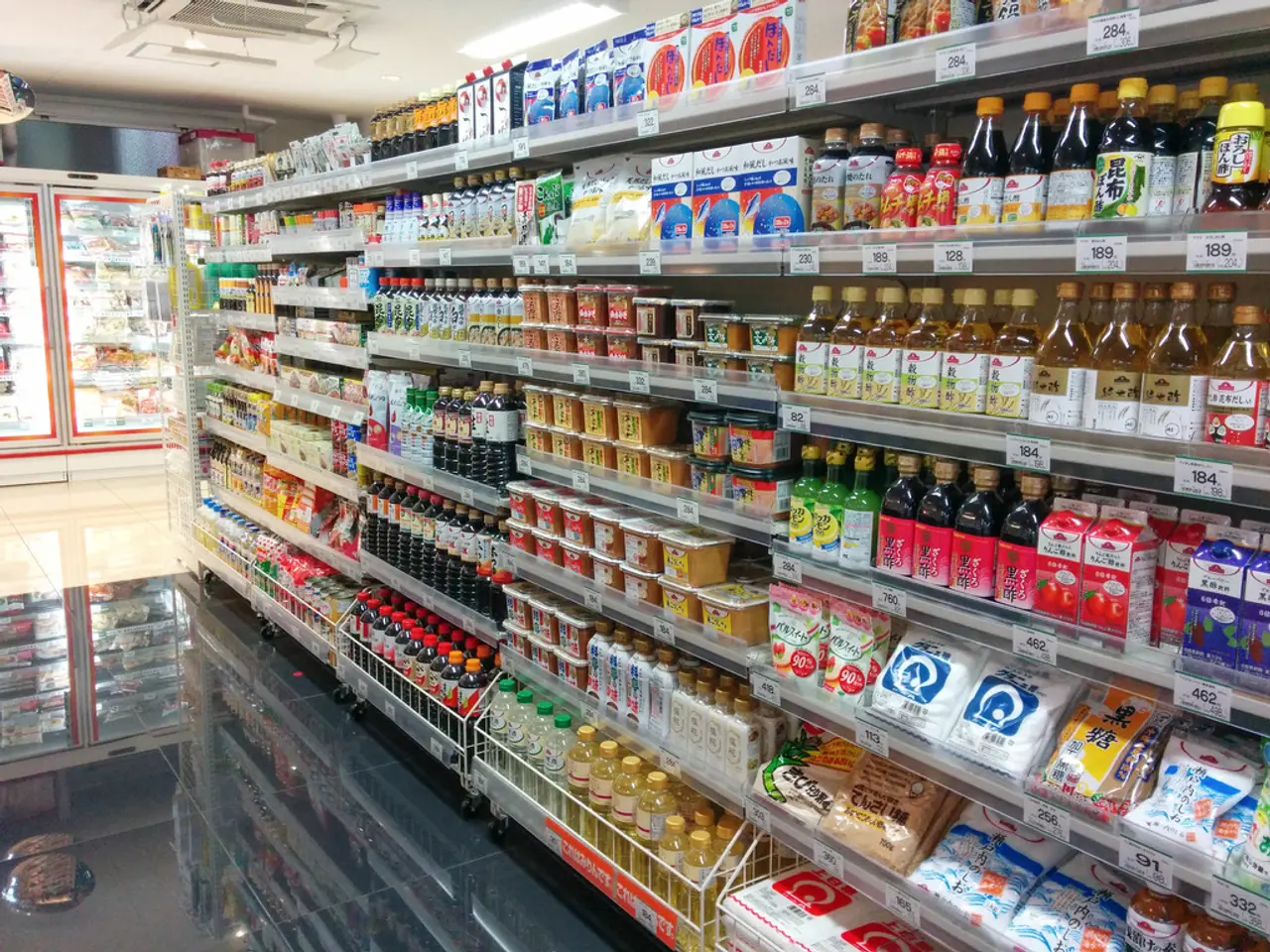Creating an Economical Superfood Larder: Strategies and Tips
Creating a healthy, nutrient-packed pantry is possible without breaking the bank. Here's how you can do it by incorporating affordable superfoods into your household.
Superfoods are nutrient-rich foods that are beneficial for health and well-being. They can be found in various forms, from whole foods to supplements, and they offer a wide range of nutrients essential for a balanced diet.
Meal planning and shopping lists can help avoid impulse purchases and ensure you're buying only what you need. By planning your meals in advance, you can stick to your budget and make the most of your grocery trips.
Whole grains, such as brown rice, quinoa, oats, and barley, are an affordable and essential component of a superfood pantry. These grains are packed with fibre, protein, and a host of essential micronutrients. Legumes, including beans, lentils, and chickpeas, are budget-friendly superfoods that are equally nutritious.
Spices like turmeric, cinnamon, cumin, and ginger are powerful antioxidant and anti-inflammatory agents. They not only add flavour to your dishes but also contribute to your overall health.
Frozen fruits and vegetables offer just as many nutrients as fresh varieties at a fraction of the cost. They are a great way to stock up on superfoods without worrying about their shelf life.
Nuts and seeds, such as peanuts, sunflower seeds, and pumpkin seeds, offer healthy fats, protein, and a variety of vitamins and minerals. A small scoop of superfood powder goes a long way due to their concentrated nature. Superfood supplements, such as powdered greens, spirulina, chlorella, and acai powder, can help fill nutritional gaps when whole foods are not available.
Organic superfoods can be more affordable when bought in bulk or on sale, and frozen organic produce can have a longer shelf life than fresh organic produce. Fermented foods, like sauerkraut, kimchi, and miso, are packed with beneficial probiotics that support gut health and immune function.
To maximise nutrient absorption, aim to include a variety of superfoods in your diet, focus on whole foods, and combine them with a balanced diet of protein, healthy fats, and fibre. Meal prepping and cooking in batches can save money by reducing the temptation to eat out or rely on processed foods.
When shopping for bulk items, choose products with a long shelf life to avoid waste. Purchasing superfood supplements in bulk or during sales can help stretch your budget. Buying superfoods in bulk can significantly lower the cost per serving.
The cheapest superfoods for a budget-friendly household pantry include oats, millet, chickpeas, nuts, and dried fruits, as these are nutrient-dense, affordable, and have long shelf lives suitable for everyday use.
In conclusion, building a nutrient-rich pantry doesn't have to be expensive. By incorporating affordable superfoods like whole grains, legumes, frozen fruits and vegetables, nuts, seeds, spices, fermented foods, and superfood supplements, you can create a healthy, cost-effective pantry that supports your health and well-being.
Read also:
- Peptide YY (PYY): Exploring its Role in Appetite Suppression, Intestinal Health, and Cognitive Links
- Toddler Health: Rotavirus Signs, Origins, and Potential Complications
- Digestive issues and heart discomfort: Root causes and associated health conditions
- House Infernos: Deadly Hazards Surpassing the Flames




